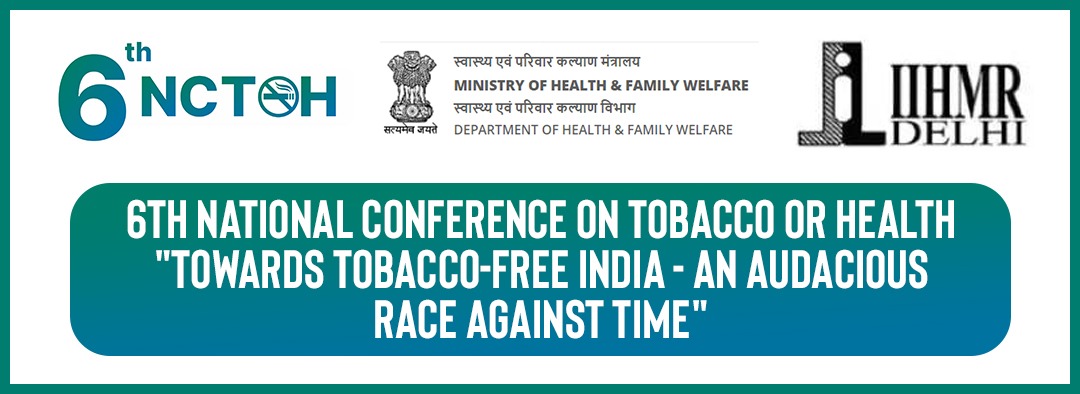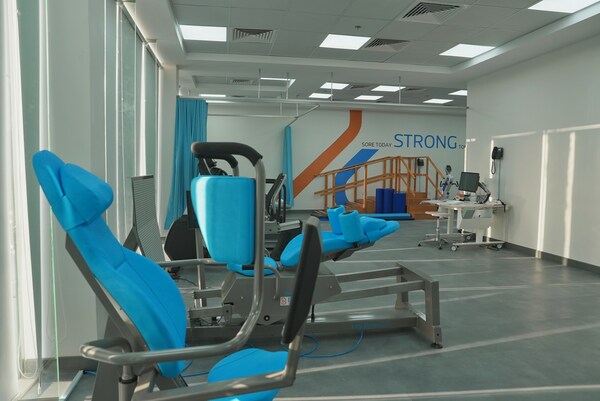A transformational tide of change is sweeping across Karnataka in Southern India, as a bold initiative takes aim at one of the world’s most insidious killers: cardiovascular disease. Karnataka’s residents, bound together by shared adversity, are turning the tables on this lethal adversary under the visionary leadership of a devoted medical pioneer, Dr. C N Manjunath – Padmashree Awardee. The battleground of this silent war is unassuming; it is the day-to-day life of common people. The weapon, however, is nothing short of ground-breaking – the revolutionary Heart Attack Management Project, initiated by the Karnataka State Government in April 2023.
In the brief but impactful span of 4 months, the Heart Attack Management Project has emerged as a potent guardian of heart health, over 33,000 individuals screened across 15 districts, the project has saved 500+ lives from the brink of mortality. These screenings, focusing on individuals between the ages of 25 and 50, have played a decisive role in averting potential heart-related catastrophes, detecting 520 heart attacks among 1,684 patients. While these numbers are a significant picture, they barely convey the true human impact, the countless individual lives touched and transformed by this initiative.
“To save as many lives as possible, the Heart Attack Management Project initiative has brought the fight against heart disease to the doorstep of nearly 45 talukas,” Dr CN Manjunath said. “Our mission is to blunt the impact of the cardiovascular disease pandemic in our communities. We recognise that time is a precious commodity when dealing with heart attacks—a mere 30-minute delay can increase the risk of death by 7%. The Heart Attack Management Project is our response to this challenge.”
Lokesh, a 29-year-old farmer living in rural Karnataka experienced an alarming pain in his chest. Stricken with panic, he was reminded of a community health camp organised under the Heart Attack Management Project. As the chest pain persisted, he decided to seek help at the nearest health facility, hoping that they could alleviate his suffering. Lokesh arrived at a health centre, where medical staff diagnosed his heart attack as a heart attack, arranging for his transfer to the Sri Jayadeva Institute of Cardiology in Bangalore.
His condition was saved by seamless coordination, allowing him to be rushed to the operation theatre for an angioplasty. Lokesh’s traumatic experience underscores the vital role that prompt medical intervention plays in managing heart attacks. In his words, “The fear was all-consuming, but the doctors’ reassurance and swift action were the twin lifelines that pulled me through. Without them, I dread to think of the outcome.”
The project, currently in its pioneering phase, sprawls across three crucial clusters – Bangalore, Mysore, and Kalaburgi. It transforms over 45 health facilities, including taluka hospitals, district hospitals, and general hospitals, enabling rapid diagnosis and immediate treatment through a network of 3 hubs fitted with advanced CATH LAB facilities.
This program offers versatility and inclusivity, utilizing pharma co-invasive therapy in areas lacking advanced facilities, ensuring life-saving intervention reaches those most needing it.
“While we’ve made great strides, our journey is far from over. Our commitment to broadening the program’s scope and saving more lives remains undiminished. Each life saved through the Heart Attack Management Project is not just a victory for the individual or the family—it’s a victory for the people of Karnataka, a beacon in our quest for a heart-healthy state.” Dr CN Manjunath added.
The Heart Attack Management Project, supported by the National Health Mission, and helmed by Dr CN Manjunath demonstrates the potential of mass healthcare initiatives driven by government support, dedicated professionals, and collective desire to combat cardiovascular diseases. It exemplifies a proactive and decisive healthcare system, setting a high benchmark in addressing the national health crisis.




